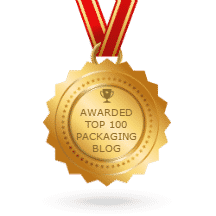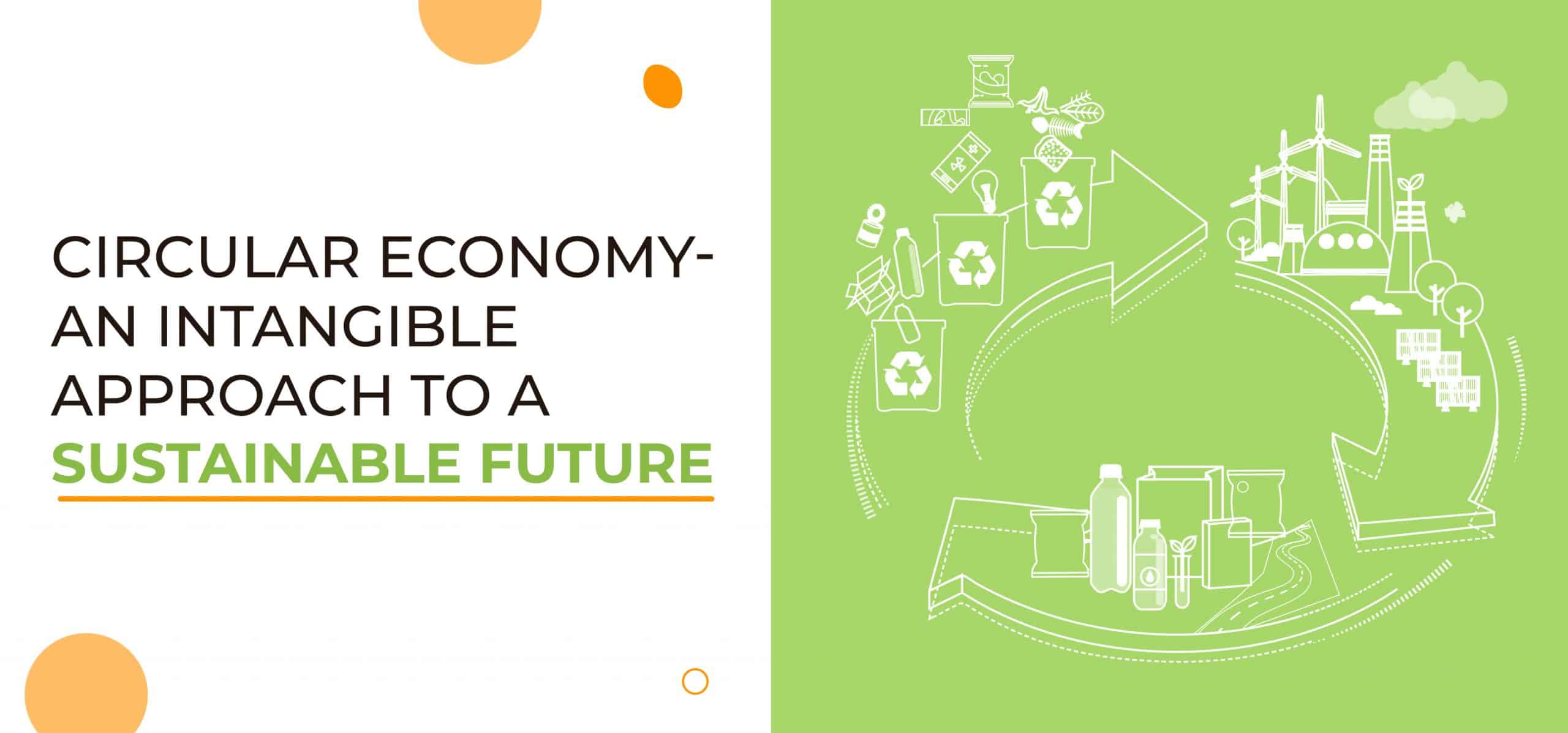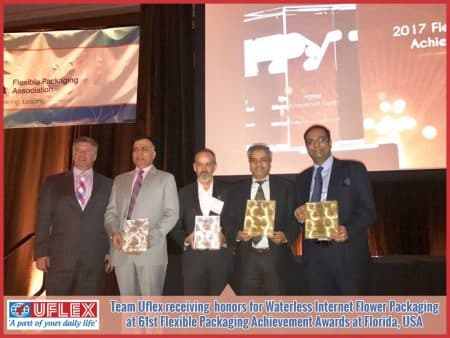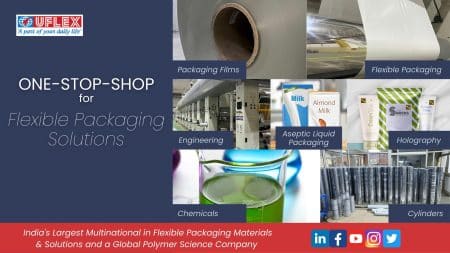The ever-growing population when clubbed with the extravagant demand of goods and products results in astounding volumes of different materials that go to waste, not to mention it has an everlasting adverse impact on air, soil, and water pollution if it is not collected and put to recycling process. This activity triggers a traumatic domino effect on human beings and the health of the ecosystem. Albeit the unfavorable effects of this linear consumption cycle are noted thoroughly, sustainable production, supply and efficient use of resources also represent global challenges that need to be tackled.
Fortunately, a highly promising solution to the problem of waste is the development of a Circular Economy. A Circular Economy is an economic model which maximizes the utilization of the materials extracted from nature. Each non-biodegradable material is used, reused, recycled, and remade in order to diminish the detrimental effects on the environment. Whereas, in a Linear Economy, the lifecycle of the product is clearly defined and not subject to change, this goes as: extract raw materials, transform, sell, consume and finally discard.
A Circular economy generates value through the whole lifecycle by broadening the lifetime of products, permitting them to rotate longer in the economy and recovering their material basics.
The adoption of a circular approach, therefore, requires innovative business models that makes, catches and conveys value dependent on asset productivity and broadening items’ life and closing materials stream cycles. Plastic is one such inevitable material consumed by mankind in various ways that comes in handy for various purposes. But our relationship with plastic needs some major rethinking to protect the environment. While we all swear by the use of plastic in our daily lives, the way we use it is what creates waste.
In 2016, a report showed that most plastic packaging is used only once, and only 14% is collected for recycling. 95% of the value of plastic packaging material, worth USD 80-120 billion annually, is lost to the economy. Another report published in 2017, showed that without fundamental redesign and innovation, about 30% of plastic packaging will never be reused or recycled.
So how can one envision a circular economy while dealing with plastics every day in any form? Here are a few things to start with-
- Re-conceptualize, redesign and re-consider packaging through redesign, innovation, and new delivery models is a priority.
- Apply the ‘reuse’ model where relevant to reduce the need for single-use packaging.
- Ensure that your plastic packaging is 100% reusable, recyclable, or compostable.
- Ensure that the use of plastic is fully decoupled from the consumption of finite resources
- Work towards making all your plastic packaging free of hazardous chemicals
- Keep intact the health, safety, and rights of all people involved.
At UFlex, we believe that technology alone doesn’t suffice to create a circular economy. It takes individual practices, corporate cooperation, and behavioral change to drive a concept like that.With our Project Plastic Fix, we spearhead a sustainability initiative that is designed to clean up plastic waste and convert it into products that have an economic value. To achieve the same, we eradicate plastic waste in four distinct ways through a mix of various methodologies. These include- recycling plastic waste into granules to make more than 10,000 household and industrial products like road dividers, outdoor furniture, dustbins and many more useful articles; reprocessing plastic waste into fuel through a process called pyrolysis that emits zero greenhouse emission; collecting and converting plastic bottle waste into green, up to 100% PCR grade packaging film Asclepius; and converting plastic waste into 100% biodegradable biomass.
UFlex Project Plastic Fix has the technology to reinstate the virtue of plastic in the economy but out of the environment by re-defining the way plastic is treated, by extracting more out of plastics in packaging beyond its original use, and even by creating technologies that makes a substantial reduction at source. Extending its commitment for a plastic waste-free environment UFlex recycles much more than the flexible packaging waste it generates during production, each year, by recycling its own industrial waste as well as other industrial waste sourced from other customers/companies that do not have recycling infrastructure thus helping them comply with industrial norms.
UFlex also recycles post-consumer Multi-layered mixed plastic waste and PET bottles waste at its Noida plant received from households collected by PROs and waste management solution companies. UFlex has developed a recycling technology for recycling of Multilayer Plastic waste. UFlex also houses the capacity to recycle PCR waste (PET bottle waste) collected through local municipality by adopting the same technology. The PET bottle waste is received from various waste collectors, NGO and external parties.
With the help of both of these processes, UFlex has been able to make a significant impact by reducing the problem of plastic waste in the surroundings post the consumption by the end consumers.
To read more about sustainability efforts, visit https://www.uflexltd.com/sustainability-practices.php





